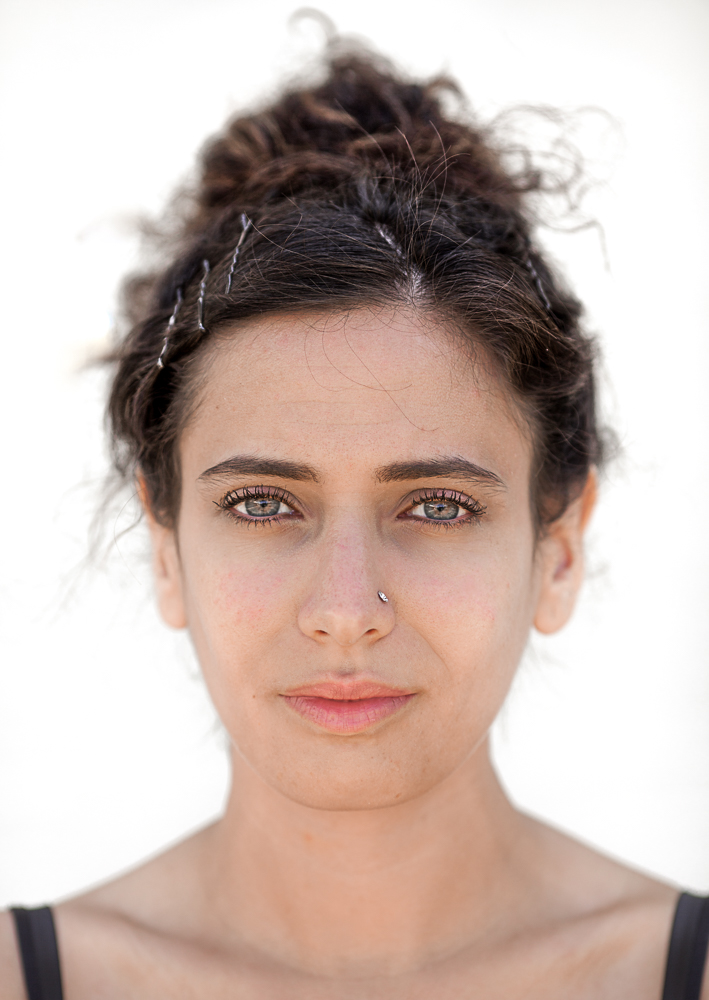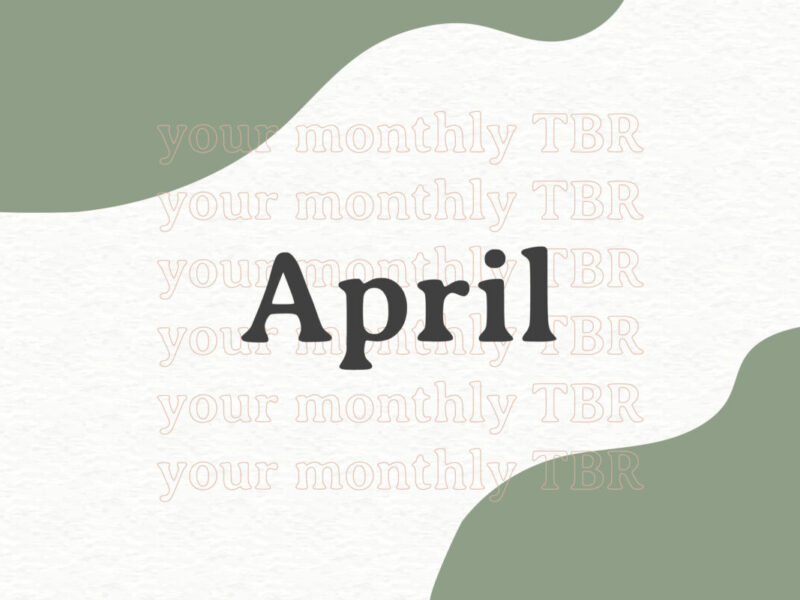5 Foundational Middle Eastern Poets to Add to Your Reading List
Spanning Western Asia and Egypt, the Middle East is a unique and diverse region. The area’s many different cultures, languages, and perspectives—as well as its evolving and rich history—are reflected in its urgent poetry. While these poets represent just a few voices, they offer a necessary and vibrant introduction.
1. Hala Alyan (@HalaNAlyan on Twitter)
Hala Alyan’s work transcends genre, winning impressive accolades for poetry, fiction, and spoken word. She has won the Arab American Book Award, and her poetry explores family, religion, and violence from a personal lens. Her most recent collection, The Twenty-Ninth Year, shows Alyan weaving together both Islamic and Western cultures and chronicling a turbulent period of personal transformation. The proud Palestinian writer considers her identity and lineage through a shifting setting that includes Middle Eastern cities, Brooklyn, and the American Midwest.
2. Saadi Youssef
The late Saadi Youssef’s powerful poetry is affected by his roles as a literary translator, a journalist, and an activist, endowing it with a sense of immediacy. After living as a political prisoner, the Iraqi poet wrote more than 30 books of poetry. One of his most well-known volumes, Without an Alphabet, Without a Face, vulnerably illuminates Youseff’s experiences as an immigrant and as a person living in exile.
3. Noor Hindi (@MyNrhindi on Twitter)
Best known for her poem “Fuck Your Lecture on Craft, My People Are Dying”—which garnered viral Twitter attention after being published in Poetry Magazine—Noor Hindi is a Palestinian-American poet whose work considers violence, identity, displacement, heritage, and more. In her work, Hindi pushes back against poetic convention: “I want to be like those poets who care about the moon. / Palestinians don’t see the moon from jail cells and prisons.”
4. Dahlia Ravikovitch
Born in a suburb of Tel Aviv, Dahlia Ravikovitch is revered as one of the most influential and prolific Jewish poets. Her work as a peace activist greatly impacted her poetry, and she won the Israel Prize for her lyrical Hebrew works. Her more than 20 books of poetry weave together personal experiences and pressing societal themes, meditating on everything from love and loneliness to prejudice and war.
5. Yehuda Amichai
Yehuda Amichai’s poetry has been translated into more than 40 languages, making the Israeli poet’s works beloved and universal. With poem titles like “The Amen Stone,” “Sabbath lie,” and “Our Father Jacob,” Amichai was well-known for writing about ancient religious themes through a modern lens, considering the role of faith in the 20th and 21st century. Amichai—who argued that all poetry is inherently political—also wrote about fleeing Germany during Hitler’s rise to power. Amichai was nominated for the Nobel Prize.
Happy reading!




